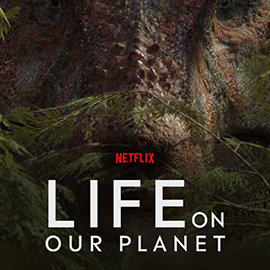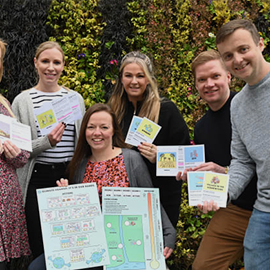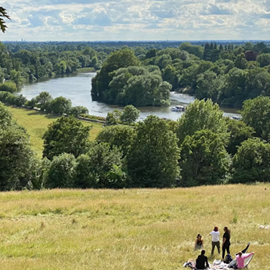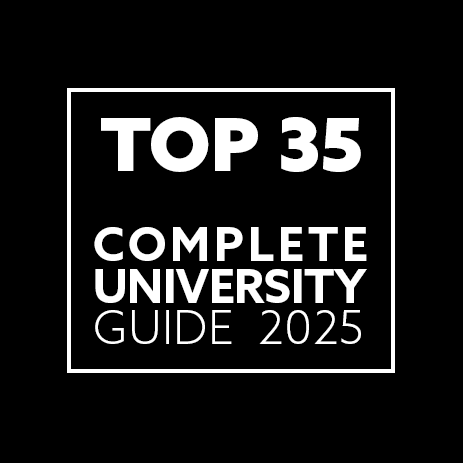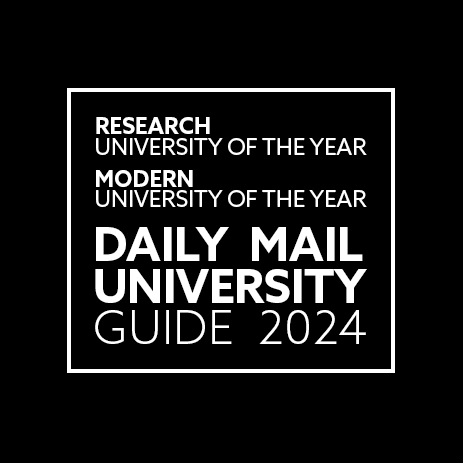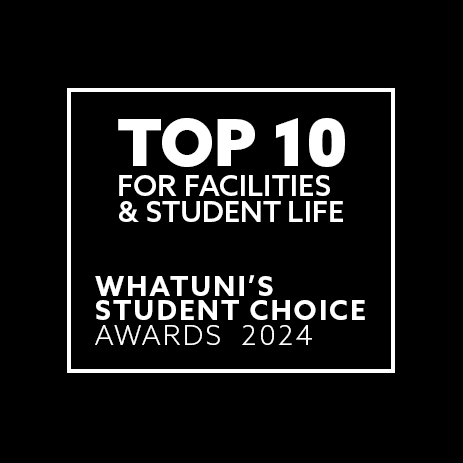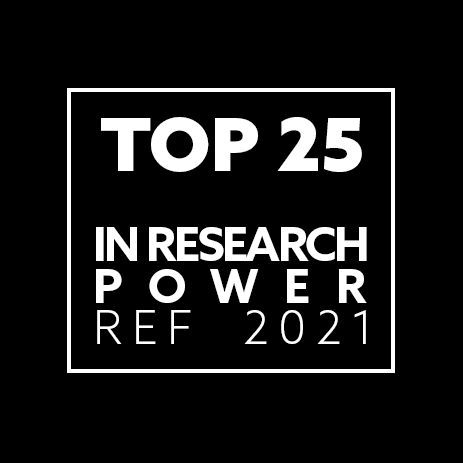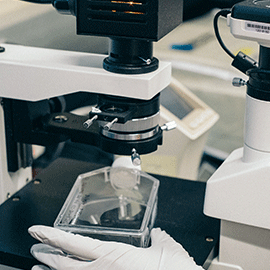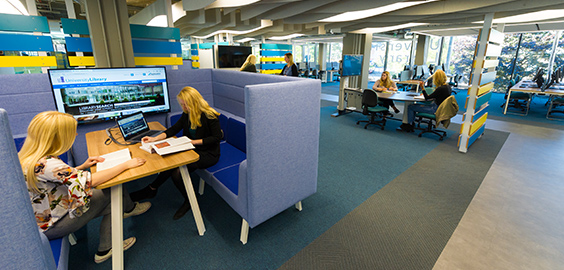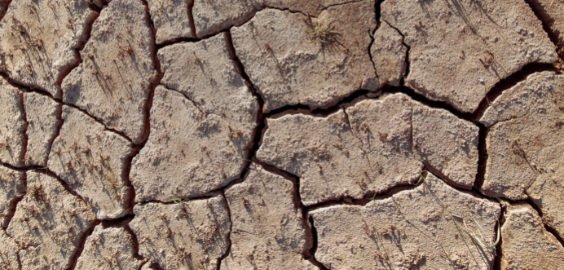You will learn about environmental issues globally, examining the relationship between the process of development (widely understood) and environmental change. Environmental issues such as sustainability, climate change, desertification, deforestation, water scarcity, wildlife and biodiversity loss, mining and resource extraction will form the focus of the module. These will be contextualised in terms of changes in livelihoods, agriculture, governance, gender relations, population, technology, foreign investment and land ownership and poverty. Initiatives for tackling some of these problems, such as internationally agreed frameworks, community-based natural resource management (CBNRM), ecotourism, urban planning, and corporate social responsibility, among others, will be critically examined. Examples will be taken at a range of scales from the local to the regional and across different geographies spanning the Global North and Global South. You will also learn some key tools and frameworks that are valuable in employment in the development sector, such as stakeholder analysis, logical framework analysis and participatory research tools. Through providing an opportunity to develop creative solutions to development problems in the form of project design, this module will enhance your employability skills.
More information
 Option for Placement Year
Option for Placement Year Option for Study Abroad
Option for Study Abroad



